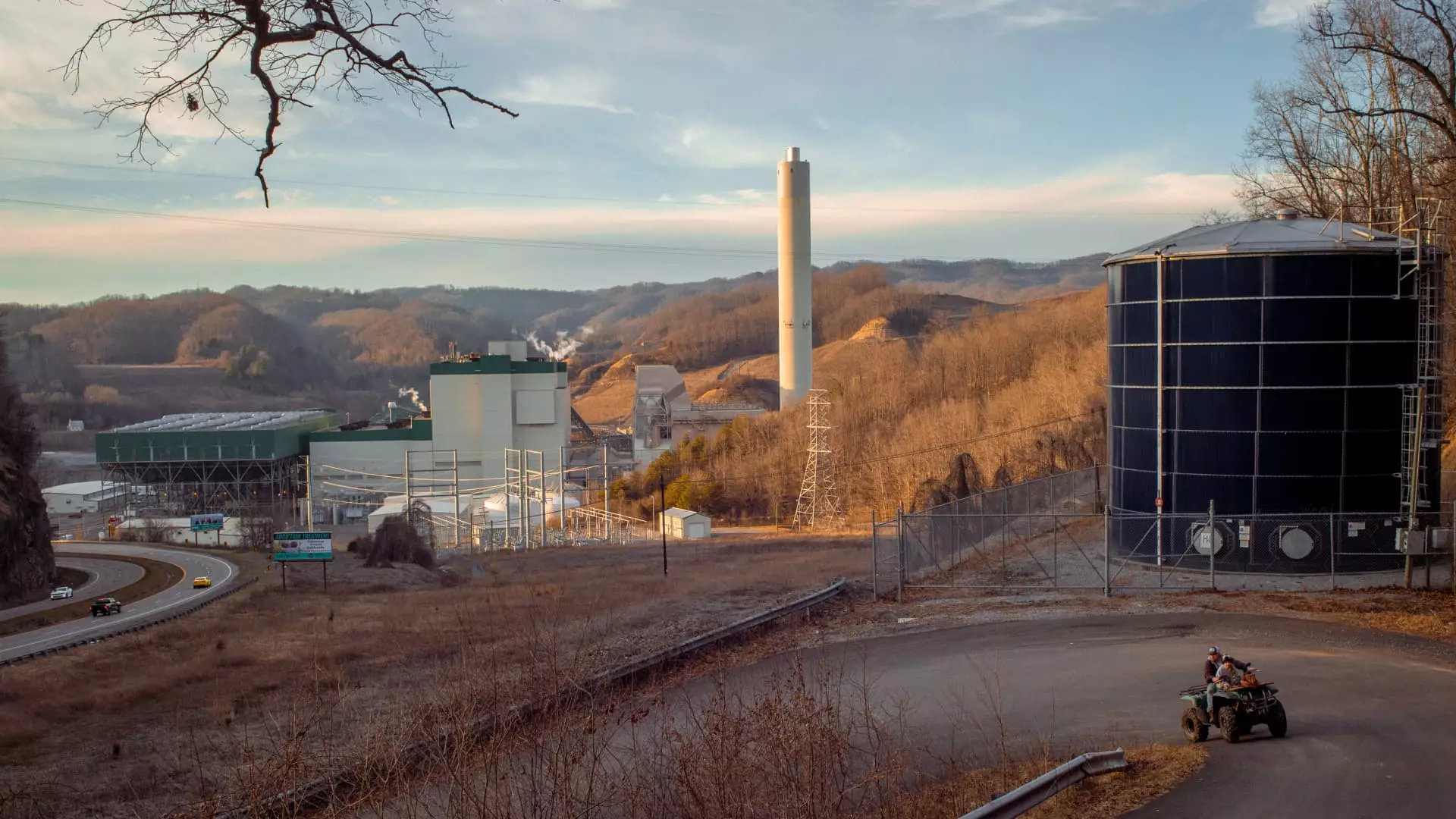The emergence of small modular nuclear reactors (SMRs) has sparked significant interest among energy producers and tech companies alike. These advanced reactors offer a promising alternative to traditional large-scale nuclear facilities, aiming to provide a reliable, carbon-free energy source tailored to modern energy demands. A notable player in this development is Dominion Energy, which recently entered into strategic discussions with technology giants, including Amazon, to spearhead the advancement of SMR technology. Such partnerships highlight a shift in the industry as it adapts to the evolving landscape of energy consumption, especially from sectors that heavily rely on data and cloud services.
Dominion’s recent memorandum of understanding with Amazon marks a pivotal moment in the effort to accelerate the deployment of SMRs. The proposed site near the North Anna nuclear station in Virginia is expected to generate 300 megawatts of power, boosting the state’s already robust nuclear capabilities. Dominion’s CEO, Robert Blue, emphasized the growing interest from large corporations who recognize the potential of nuclear energy to support their operations sustainably. Virginia’s favorable policies towards nuclear energy, backed by bipartisan support, further enhance the viability of such projects. This collaborative spirit between energy companies and tech innovators signals a unified approach to usher in a new generation of clean energy production.
As energy consumption skyrockets due to the burgeoning needs of artificial intelligence and data centers, technology companies are increasingly looking for sustainable, reliable energy sources. Dominion’s Northern Virginia service area, recognized as the largest data center market globally, is at the forefront of this demand. Companies like Amazon and Microsoft have already made significant moves toward integrating nuclear power into their energy portfolios. For example, Microsoft’s agreement to procure power from the revitalization of the Three Mile Island plant reinforces the commitment of tech firms to secure carbon-free energy sources. This strategic alignment between tech companies and nuclear developers signifies not just a business opportunity but also a shared goal of environmental sustainability.
Small modular reactors come with several advantages that could revolutionize the nuclear energy sector. Their smaller size allows for a reduced capital cost and expedited construction timelines compared to traditional reactors, making them an appealing choice for energy providers. Moreover, their modular nature simplifies manufacturing and transportation, potentially leading to improved efficiencies in deployment. However, the technology faces significant hurdles; as of now, there are no operational SMRs in the United States, highlighting the need for continued investment, innovation, and regulatory support.
The ongoing discussions and initiatives involving Dominion Energy and major tech companies like Amazon and Microsoft represent a transformative shift in the energy landscape. By leveraging the capabilities of small modular reactors, the industry stands at the cusp of a sustainable energy future that meets the growing demands of modern society while addressing climate change challenges. Nevertheless, continuous collaboration, technological advancements, and overcoming regulatory barriers will be essential to make nuclear energy a cornerstone of the next-generation energy framework.

